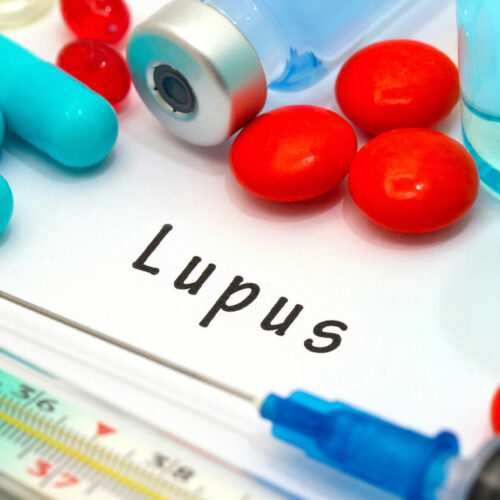Lupus – Symptoms, Risk Factors, and Diagnosis

Systemic lupus erythematosus (SLE), commonly known as lupus, is a chronic autoimmune condition. Here, the body’s immune system, which is supposed to fight infections, begins attacking healthy tissues and organs. This causes pain and inflammation. One may also experience symptoms like skin sensitivity, joint pains, rashes, and issues with internal organs like the kidneys, heart, and lungs. The condition does not have a cure, however, treatment options can help one manage its symptoms. Symptoms Here are a few symptoms one should recognize: Fatigue Most people with lupus experience fatigue, which can worsen with muscle and joint pain. Many may experience stiffness and swelling in the neck, thigh, and arms. While getting adequate sleep can relieve general exhaustion, when fatigue is accompanied by some sort of pain and discomfort, one should consult a doctor. Skin rashes The most common and prominent symptom of this disease is a butterfly-shaped rash on both cheeks and the nose bridge. Around 30% of people affected by lupus experience this symptom. The rash may appear suddenly before a flare-up or right after excessive sun exposure. For some, the condition also causes hives and non-itchy lesions all over the body. Some may notice discoloration in their toes or fingers.






